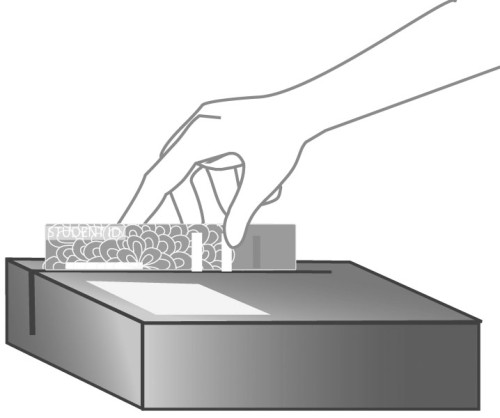Universities Grading Social Lives
PAULA KIRYA
Staff Writer
Living in a technological world connected through multiple platforms comes with its advantages. Our constant advancements make communicating with one another a seamless, elementary task. At nearly any time or place, a person may study, research, discuss or mingle with little trouble. However, such simplicity facilitates the easy access of private information and for college students, invaders may be closer to home than expected.
College administrators around the country have been using digital resources to track the activities and behaviors of their students. There is evidence that some students have benefited from this practice. According the New York Times, Arizona State University’s data analycist eAdvisor system helped increase the graduation rates of low-income students by monitoring student progress and helping students find suitable majors.
Yet other institutions go too far when attempting to better the progress of their students. Some colleges are convinced that students who are socially involved in college life are more likely to earn their degree. According to the New York Times, Ball State University tracks how frequently students swipe their ID cards to monitor the social lives of their students in an attempt to ensure campus engagement. Furthermore, those who do not meet these expectations are contacted by a retention specialist to analyze their condition, sending a message to introverts that they are at fault if they do not conform socially.
Not only does this endanger the confidence of students who are uncomfortable in social situations, but it encourages those wary of college parties to attend when they have reason to be uncomfortable. The distribution of basic contact information is acceptable, but the power to nearly track a person’s every move can easily be abused by wrongful administrators. Regardless of whatever authoritative position one may hold, permitting any group of people to have access to more information than necessary endangers the safety of these students.
Although some students voluntarily permit administrators to access their information, it is probable that they do not understand the consequences of loosely distributing such details, for these are the same people who skip the never-ending “terms and conditions” of various social media platforms. These colleges defend their actions by claiming they are trying to make their students’ college experience easier, but it dismisses the privacy students have within their social network and applications.
